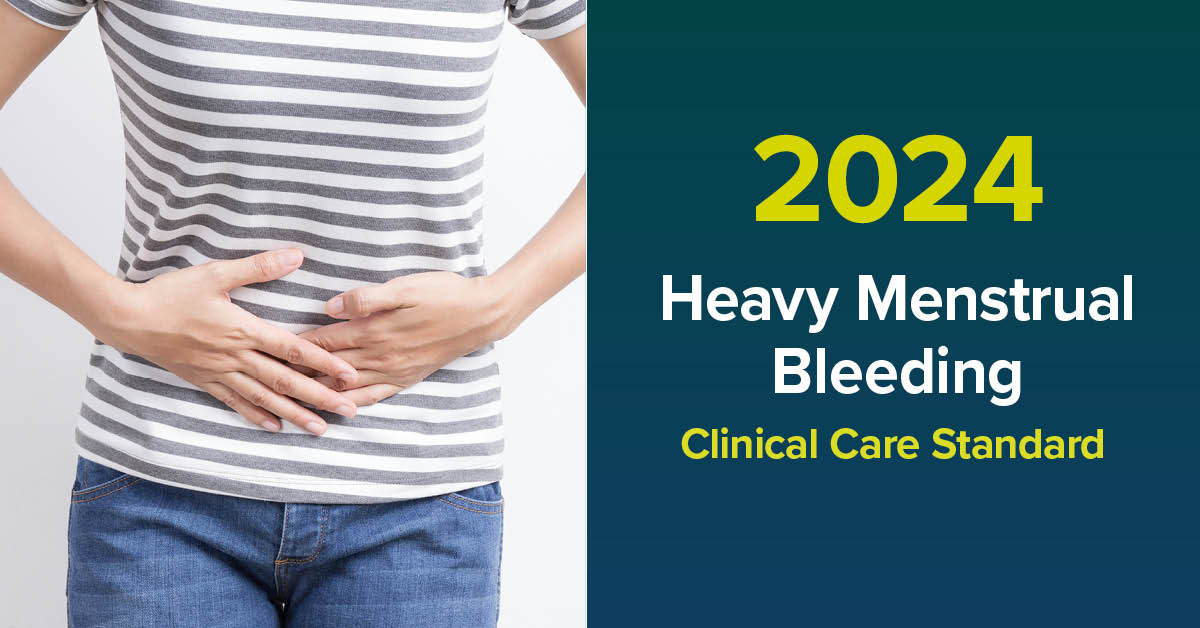
Better care for women with heavy menstrual bleeding
Heavy menstrual bleeding affects one in four Australian women of reproductive age and can have a serious impact on women’s social, emotional and physical quality of life.
The Australian Commission on Safety and Quality in Health Care (the Commission) has published a new Women’s Health Focus Report showing a decrease in hysterectomy rates over eight years – and an increase in the less invasive option of endometrial ablation.
Hysterectomy is one option for treating heavy menstrual bleeding, but there are a number of associated risks. Less invasive treatments are available, including oral medicines, the hormonal IUD and procedures like endometrial ablation.
The Commission has also released the updated Heavy Menstrual Bleeding Clinical Care Standard (2024), which outlines best practice care and how healthcare practitioners can support women living with this condition.
The Standard highlights key aspects of quality care for women with heavy menstrual bleeding including comprehensive assessment, ensuring they are offered appropriate treatment options, and supporting women to make informed choices about their care.
This combined work aims to improve care for women with heavy menstrual bleeding. It will ensure they are offered the most appropriate and least invasive treatment for their individual situation, and can make informed choices from the range of treatments.
Health service organisations, PHNs and clinicians can use the data in the Women’s Health Focus Report to view hysterectomy and endometrial ablation rates in their local area and reflect on what it means for their practice and patients.
If there is substantial variation in the treatment of heavy menstrual bleeding, it is important to investigate if appropriate care is being delivered.
Women with heavy menstrual bleeding that is impacting their life should be offered treatment for symptom relief from first presentation, even when waiting for investigations or access to other treatments.
A trusted practitioner can help a woman understand the range of treatments. The best treatment option will differ for each woman. It is important for clinicians to ask women about their menstrual health, as some women may not recognise their heavy bleeding is unusual and can be treated, so many do not seek help.
Find out more at safetyandquality.gov.au/HMB